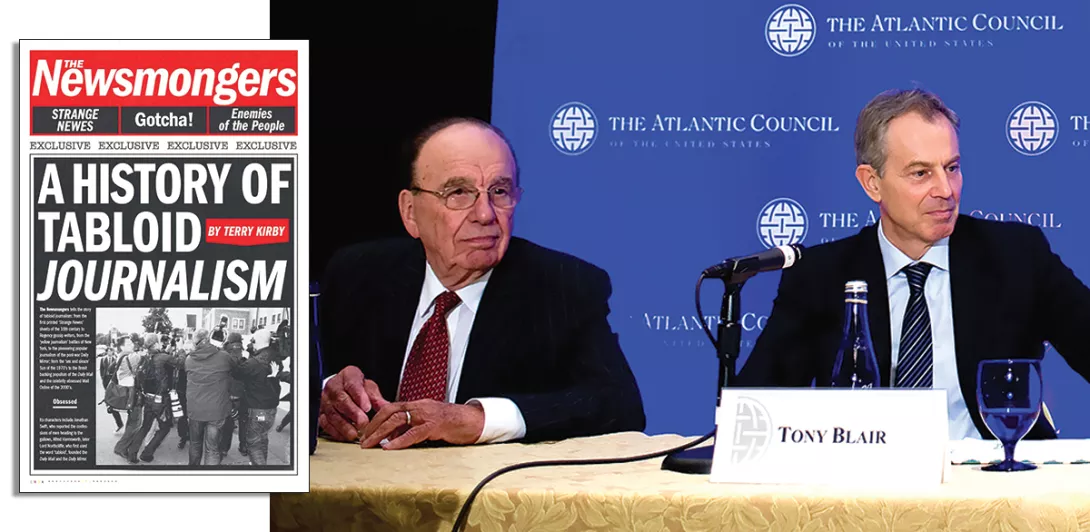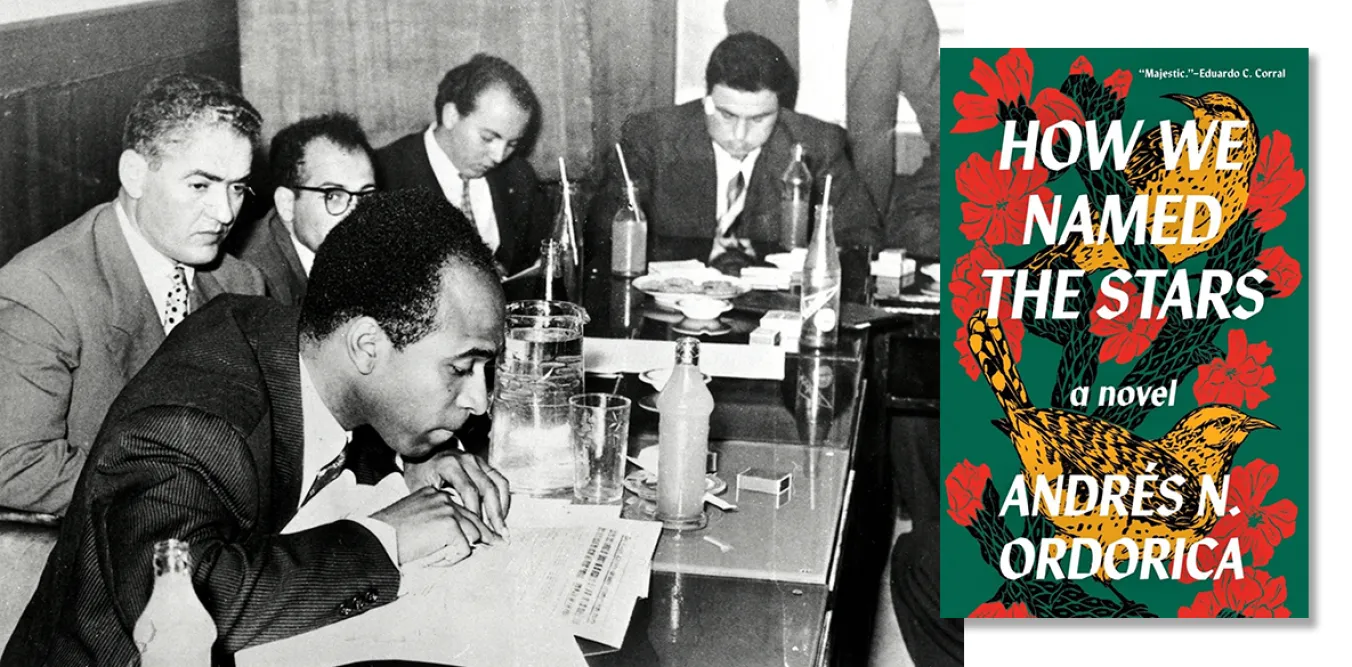ANDY HEDGECOCK relishes two exhibitions that blur the boundaries between art and community engagement
Call that news?
ALEX HALL welcomes a raw and pacy analysis of the tabloid press, an immensely powerful weapon in class control

The Newsmongers, A History of Tabloid Journalism
Terry Kirby, Reaktion, £20
TERRY KIRBY was one of the founding reporters for The Independent and worked his way through various senior positions in the paper. He now teaches undergraduate and postgraduate courses on journalism at Goldsmiths.
As such, The Newsmongers is a broadsheet journalist’s account of tabloid journalism. It focuses on the narrative of the story, keeps the who-what-when-why-how front and centre, has many central villains, and few heroes.
More from this author
The phrase “cruel to be kind” comes from Hamlet, but Shakespeare’s Prince didn’t go in for kidnap, explosive punches, and cigarette deprivation. Tam is different.

ANGUS REID deconstructs a popular contemporary novel aimed at a ‘queer’ young adult readership

A landmark work of gay ethnography, an avant-garde fusion of folk and modernity, and a chance comment in a great interview

ANGUS REID applauds the inventive stagecraft with which the Lyceum serve up Stevenson’s classic, but misses the deeper themes
Similar stories

In a year press disinformation, ALEX HALL picks out the best and worst

MICHELLE STANISTREET, who is stepping down from leadership of the National Union of Journalists after 13 years, speaks to the Morning Star on what's wrong with the media industry – and how to address it

Palestinians can be incinerated beyond recognition but the US is more concerned about Israel’s growing isolation, writes LINDA PENTZ GUNTER










